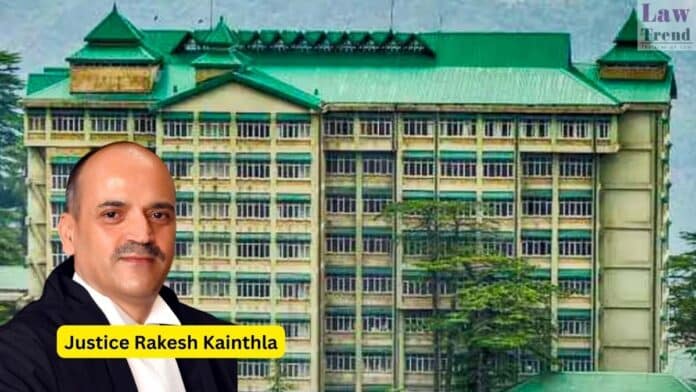The Himachal Pradesh High Court has granted regular bail to a man arrested for sharing an AI-generated image of the Prime Minister of India with the words “Pakistan Zindabad.” Justice Rakesh Kainthla held that hailing another country without denouncing one’s own motherland does not constitute the offense of sedition under Section 152 of the Bhartiya
To Read More Please Subscribe to VIP Membership for Unlimited Access to All the Articles, Download Available Copies of Judgments/Order, Acess to Central/State Bare Acts, Advertisement Free Content, Access to More than 4000 Legal Drafts( Readymade Editable Formats of Suits, Petitions, Writs, Legal Notices, Divorce Petitions, 138 Notices, Bail Applications etc.) in Hindi and English.




